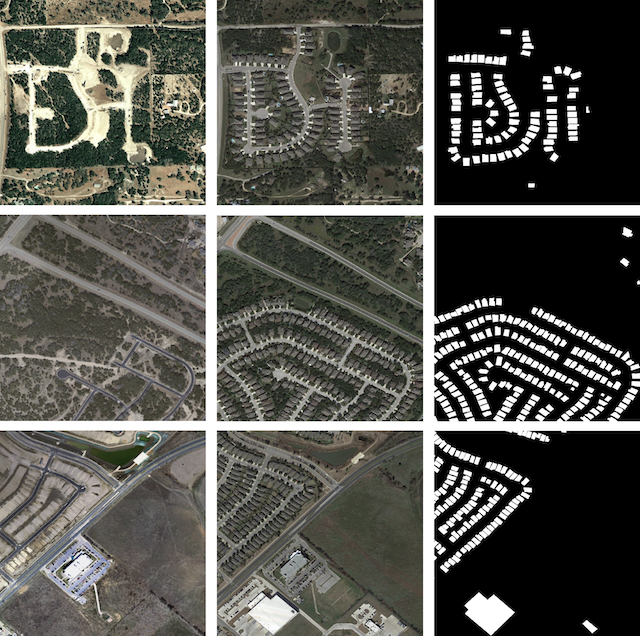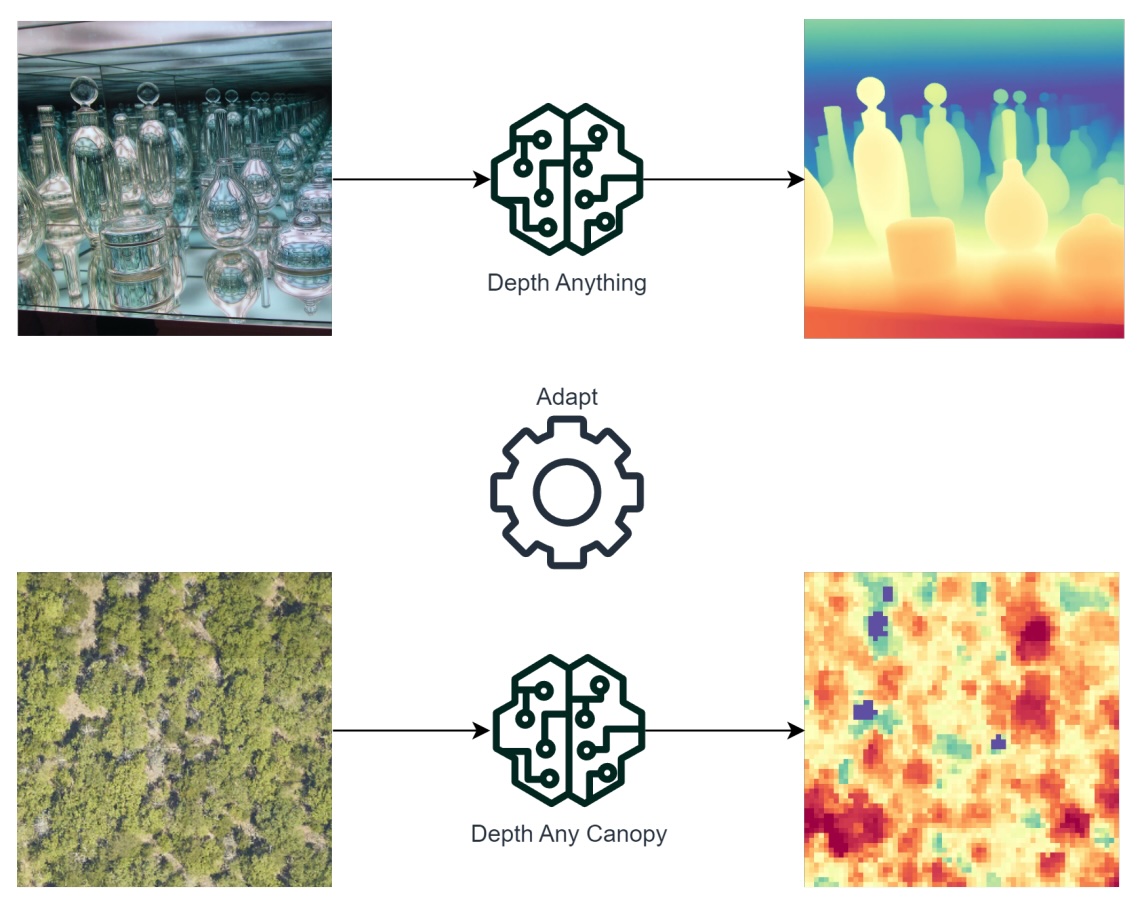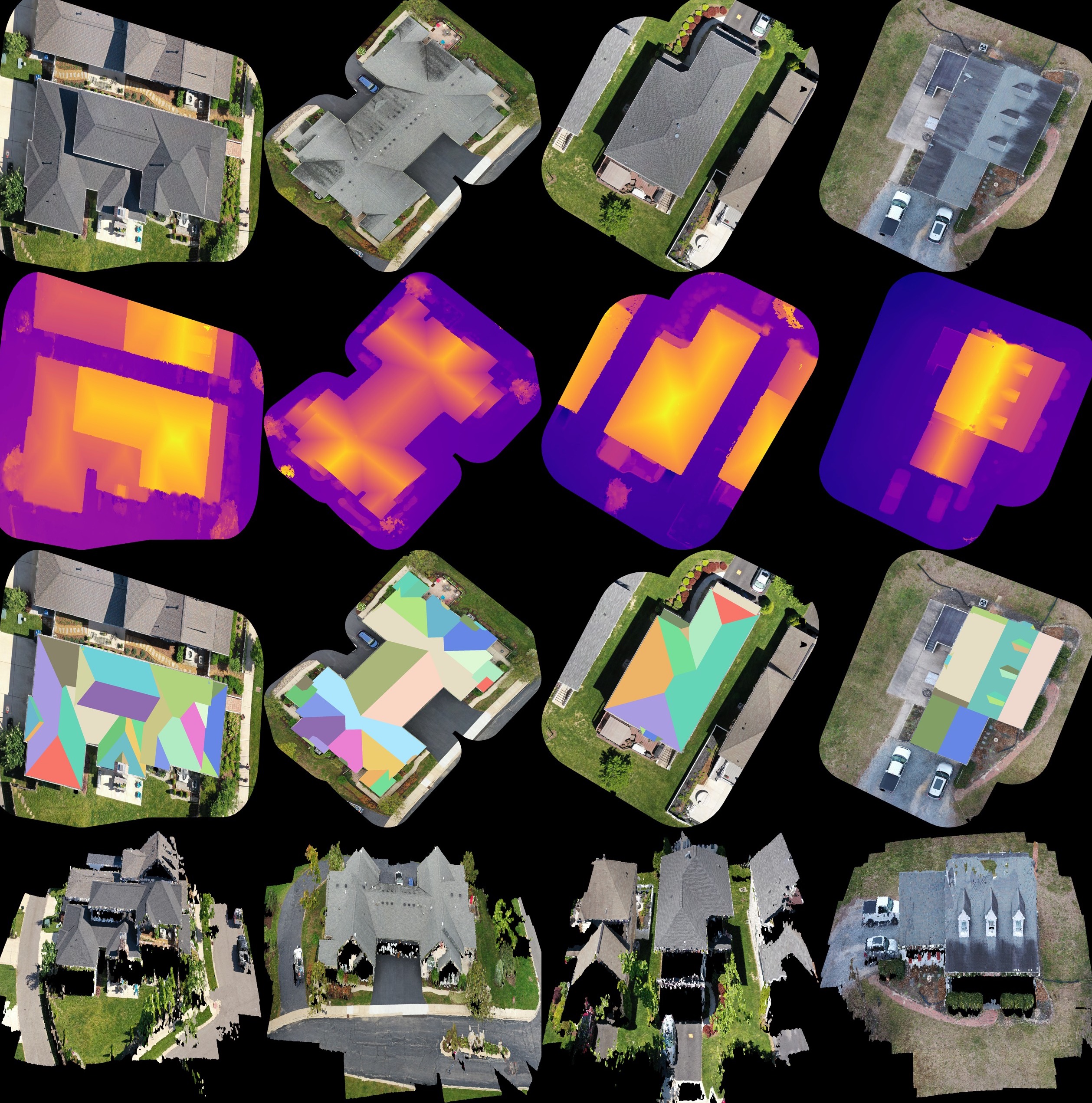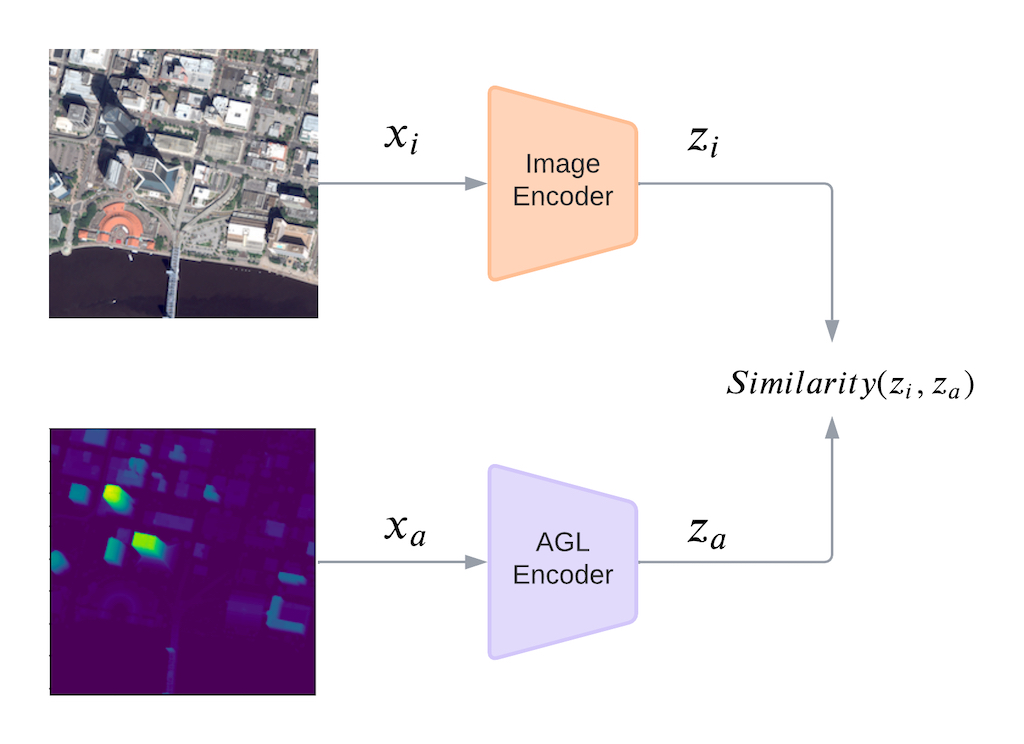
Isaac Corley
Senior Machine Learning Engineer
Wherobots
Hello! I'm Isaac, a Machine Learning Scientist/Engineer at Wherobots with a Ph.D. in Electrical Engineering from the University of Texas at San Antonio (UTSA) advised by Paul Rad. Amongst other things, I train and deploy geospatial AI models for processing terabytes of multispectral aerial and satellite imagery on a cluster of GPUs.I'm passionate about machine learning and computer vision particularly applied to the geospatial and remote sensing imagery domain. I also regularly maintain popular open-source projects like TorchGeo, SMP, and FTW.In a past life, I was involved in developing machine learning solutions for the drone, signal processing, cybersecurity, and biomedical sensor fields as well as updating the embedded software for the U.S. Air Force's A-10 Warthog.I regularly publish open-source country and global-scale prediction maps for a variety of geospatial tasks. See the FTW multi-year country-scale agricultural field boundary predictions here for example.I'm currently available for consultations. If you're interested in collaborating please reach out!
News
November 2025
Country-Scale Agricultural Field Boundary Predictions
Through my collaboration with Wherobots & Taylor Geospatial Engine, we have open-sourced planting/harvest season mosaics and field boundary predictions for 5 countries for 2023 and 2024.
October 2025
Spatial Stack Podcast: Beyond the Hype: Embeddings, Foundation Models, and the Future of Earth Observation
I joined Matt Forrest's Spatial Stack podcast with Chris Ren to discuss the current state of Geospatial Foundation Models and Embeddings.
August 2025
Satellite-Image-Deep-Learning Podcast: Chained Models for High-Res Aerial Solar Fault Detection
I joined Robin Cole's Satellite-Image-Deep-Learning podcast to discuss our CPVR PBVS paper: Aerial Infrared Health Monitoring of Solar Photovoltaic Farms at Scale.
Projects

Segmentation Models PyTorch
A library containing a suite of PyTorch-based semantic segmentation decoders along with pretrained timm encoder support.
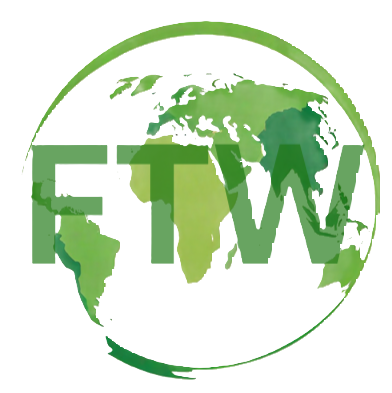
Fields of the World (FTW)
A library for advancing machine learning models for instance segmentation of agricultural field boundaries in multispectral satellite imagery.
Selected Publications
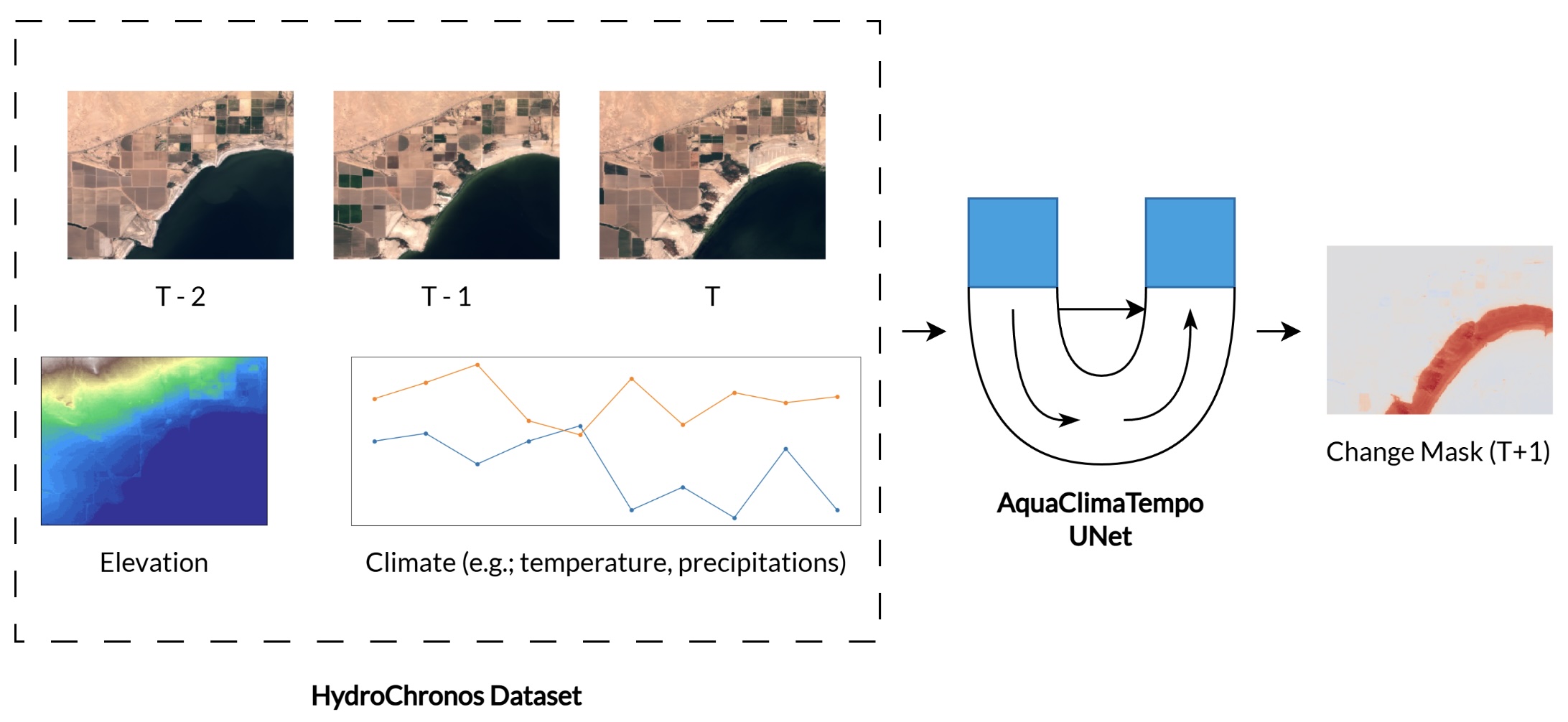
ACM SIGSPATIAL 2025
🏆 Best Research Paper Candidate
HydroChronos: Forecasting Decades of Surface Water Change
Daniele Rege Cambrin, Eleonora Poeta, Eliana Pastor, Isaac Corley, Tania Cerquitelli, Elena Baralis, Paolo Garza
We introduce HydroChronos, a large-scale multi-modal dataset of over three decades of satellite imagery & climate data for forecasting long-term surface water dynamics.
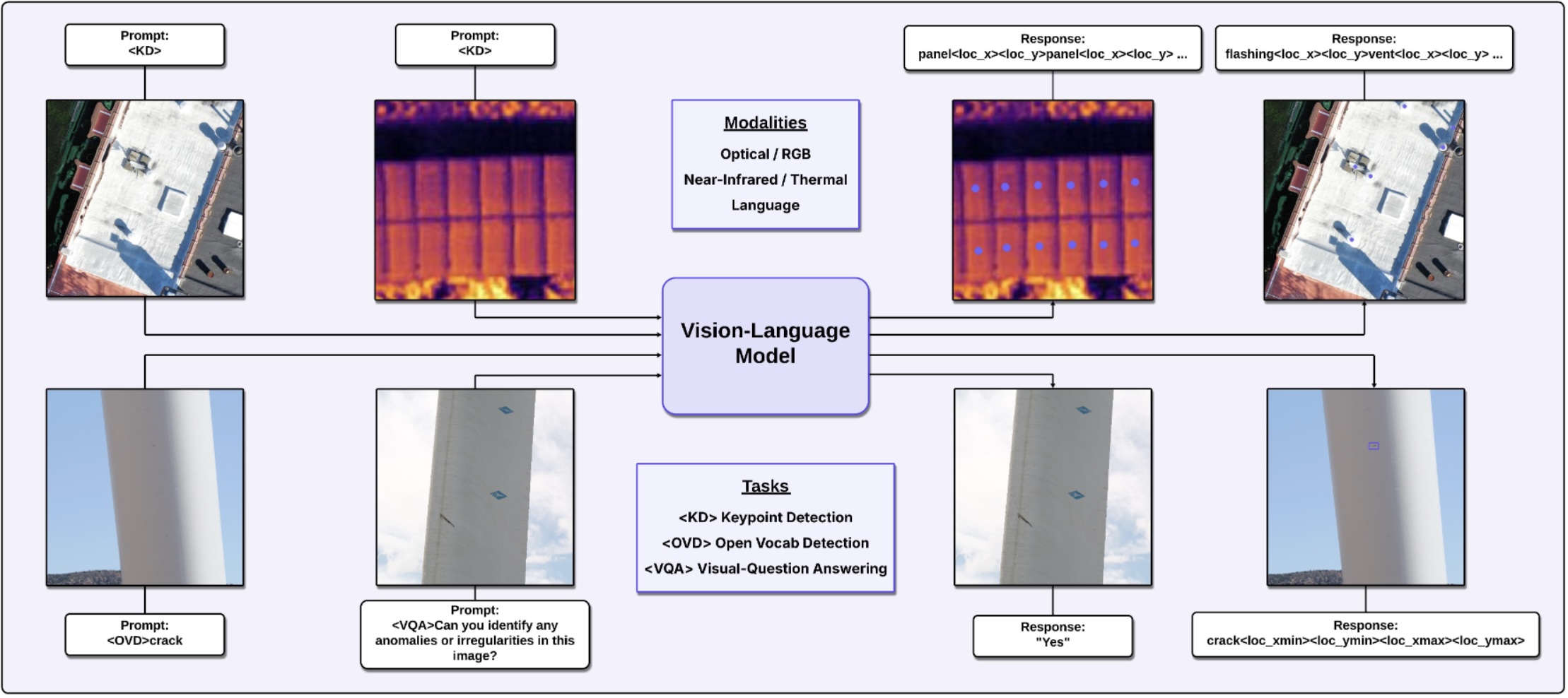
ICCV VISION 2025
InspectVLM: Unified in Theory, Unreliable in Practice
Conor Wallace, Isaac Corley, Jonathan Lwowski
We present the InspectMM benchmark, a suite of aerial inspection vision tasks for evaluating VLM multi-tasking capabilities.
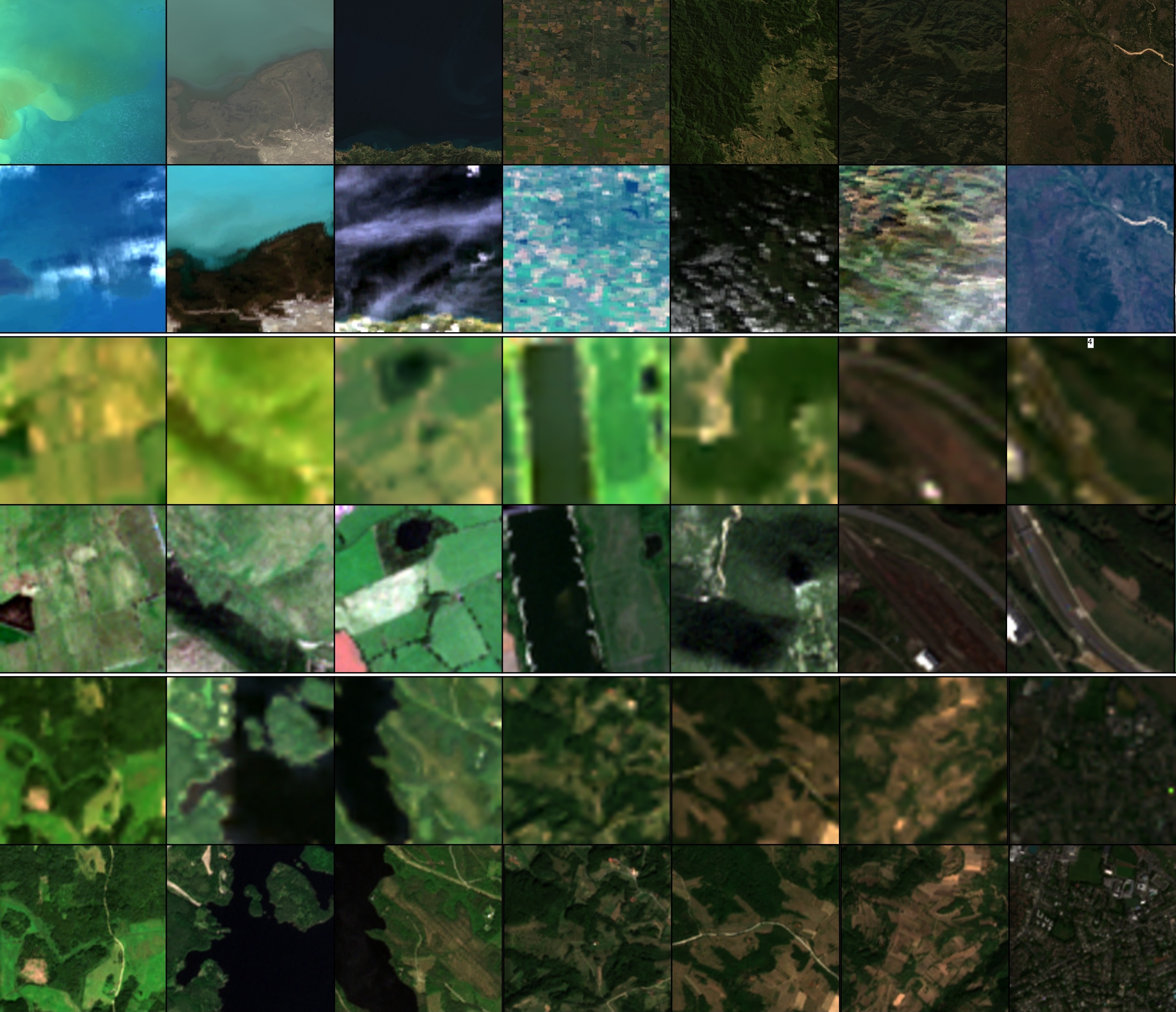
ICML TerraBytes 2025
Landsat-Bench: Datasets and Benchmarks for Landsat Foundation Models
Isaac Corley, Lakshay Sharma, Ruth Crasto
This paper introduces Landsat-Bench, a set of benchmarks to evaluate Landsat-based foundation models, showing that pretraining on SSL4EO-L outperforms ImageNet for remote sensing tasks.
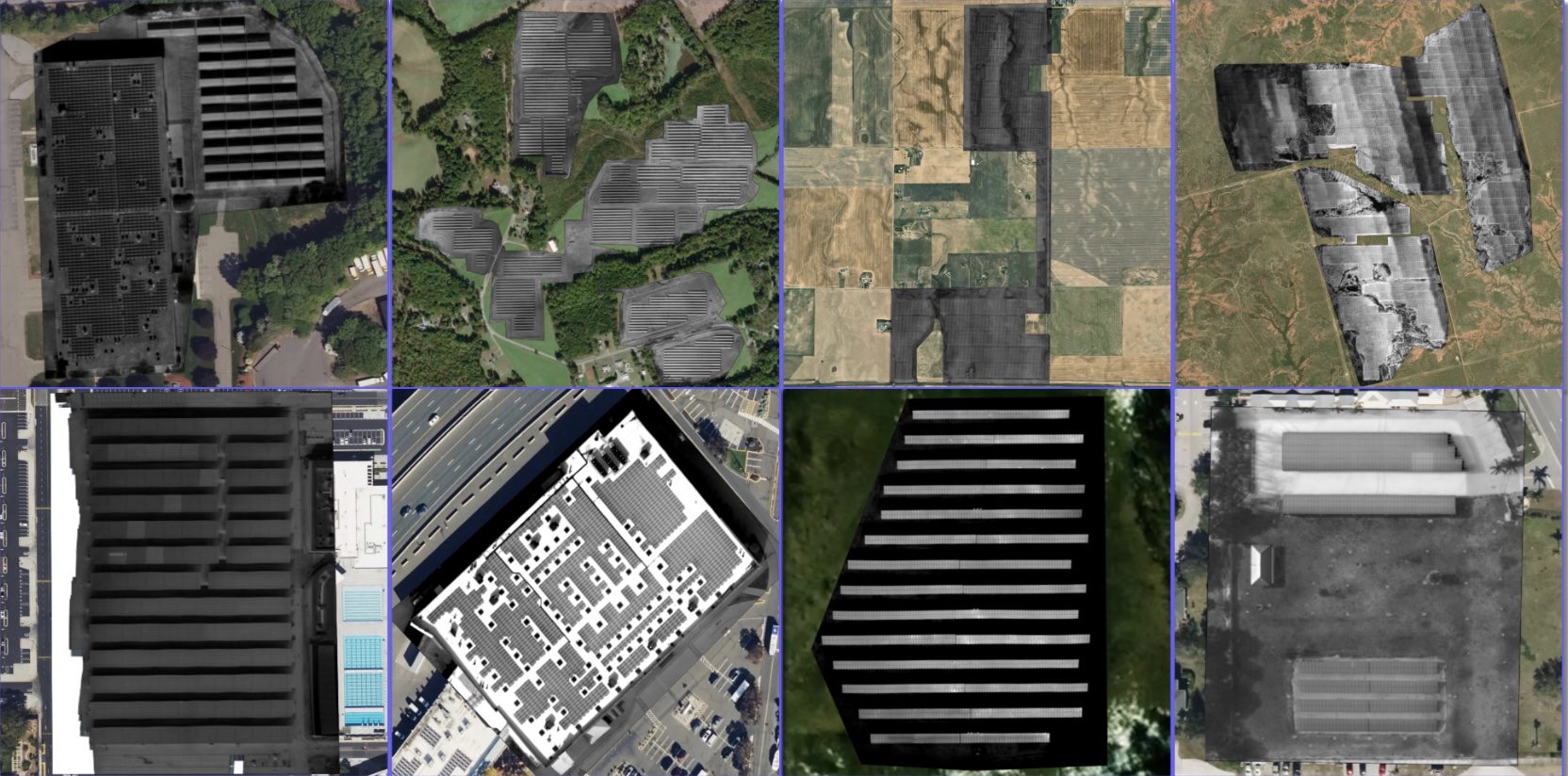
CVPR PBVS 2025
Aerial Infrared Health Monitoring of Solar Photovoltaic Farms at Scale
Isaac Corley, Conor Wallace, Sourav Agrawal, Burton Putrah, Jonathan Lwowski
We collect a large-scale aerial infrared dataset of 6k+ solar farms across the continental U.S. and detail our end-to-end pipeline for detecting anomalies and estimating plant-level power loss due to defective panels.
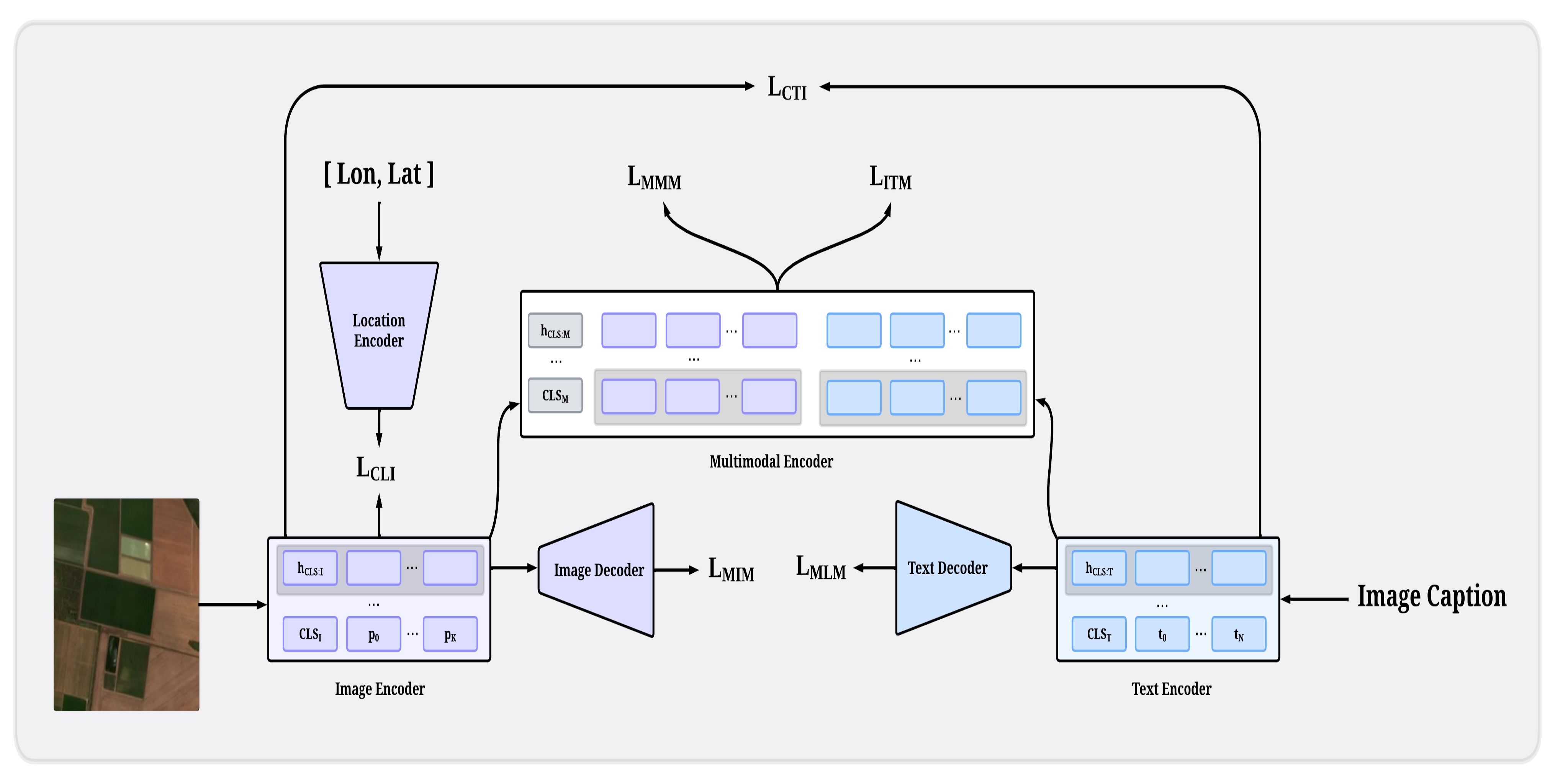
WACV CV4EO 2024
FLAVARS: A Multimodal Foundational Language and Vision Alignment Model for Remote Sensing
Isaac Corley, Simone Fobi Nsutezo, Anthony Ortiz, Caleb Robinson, Rahul Dodhia, Juan M. Lavista Ferres, Peyman Najafirad
We find that pretraining using CLIP+MAE+MLM+SatCLIP objectives provides better balance for dense vision tasks over pure CLIP and FLAVA pretraining.
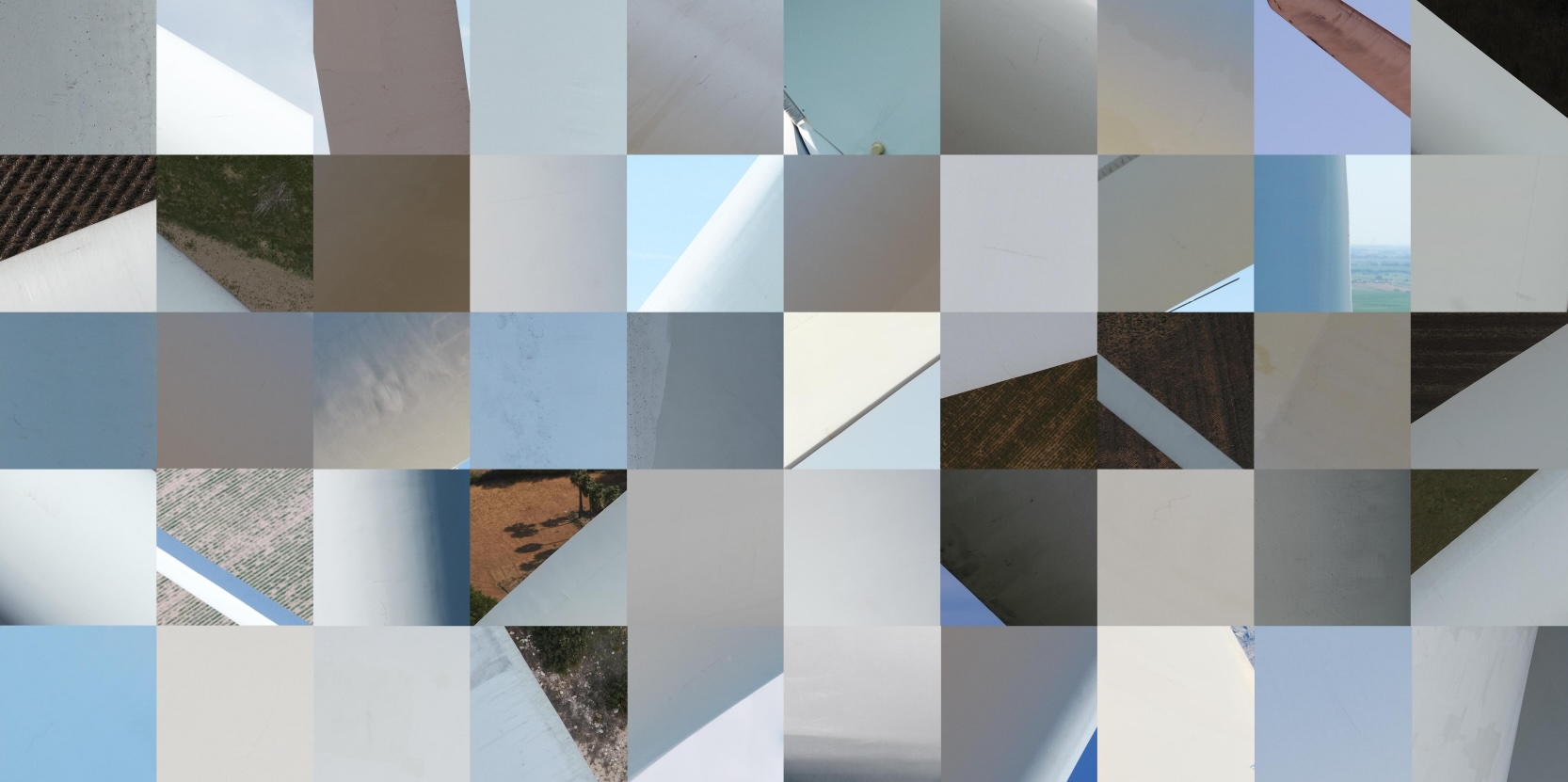
IROS 2024
🏆 Best Application Paper Runner-Up
Barely-Visible Surface Crack Detection for Wind Turbine Sustainability
Sourav Agrawal, Isaac Corley, Conor Wallace, Clovis Vaughn, Jonathan Lwowski
We present a novel dataset and pipeline for detecting barely-visible surface cracks on wind turbine blades.
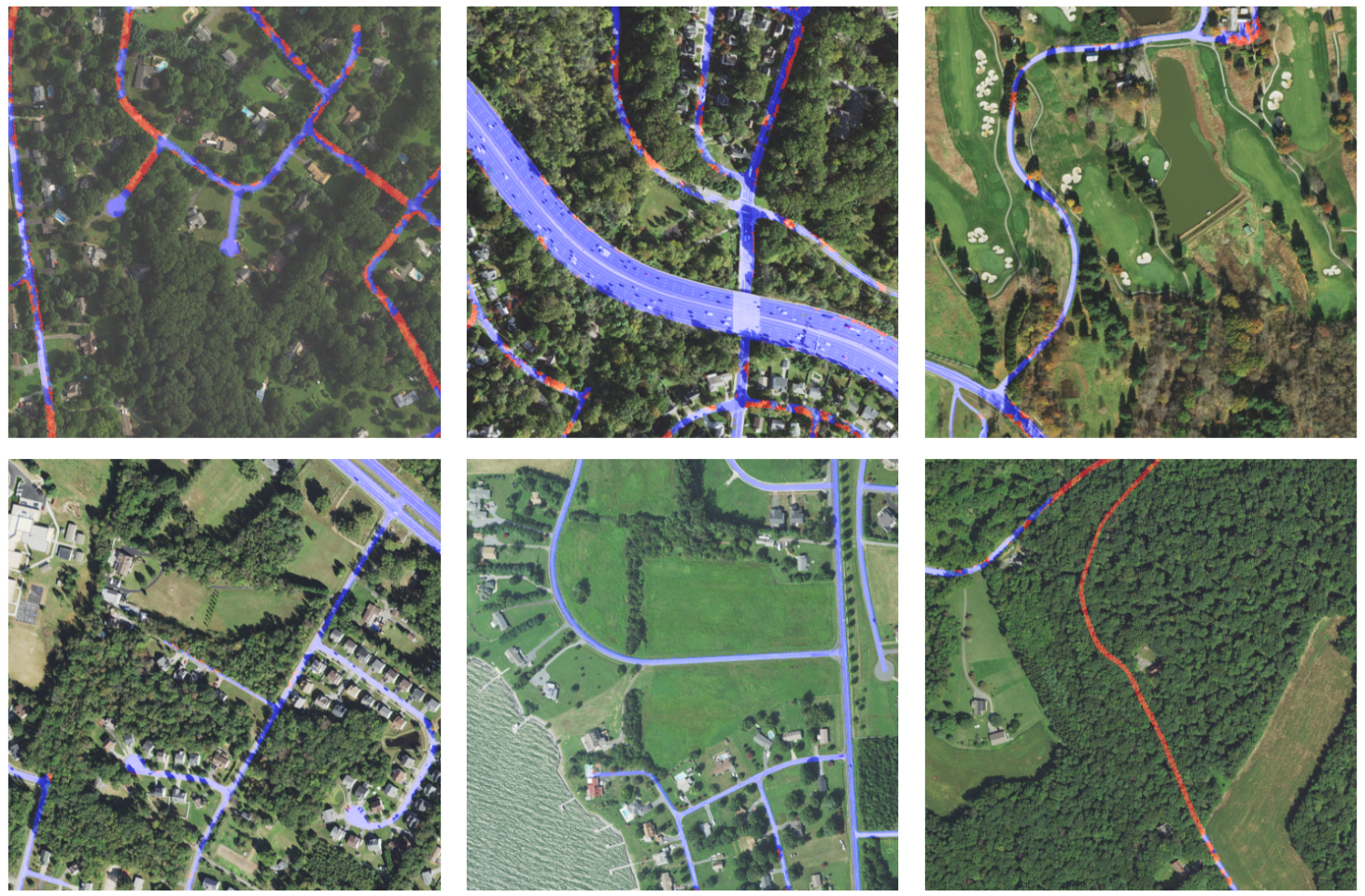
IGARSS 2024
Seeing the roads through the trees: A benchmark for modeling spatial dependencies with aerial imagery
Caleb Robinson, Isaac Corley, Anthony Ortiz, Rahul Dodhia, Juan M. Lavista Ferres, Peyman Najafirad
We introduce a novel dataset for evaluating a model's ability to use long-range spatial context by performing road extraction in aerial imagery with high amounts of occlusion by tree canopy.
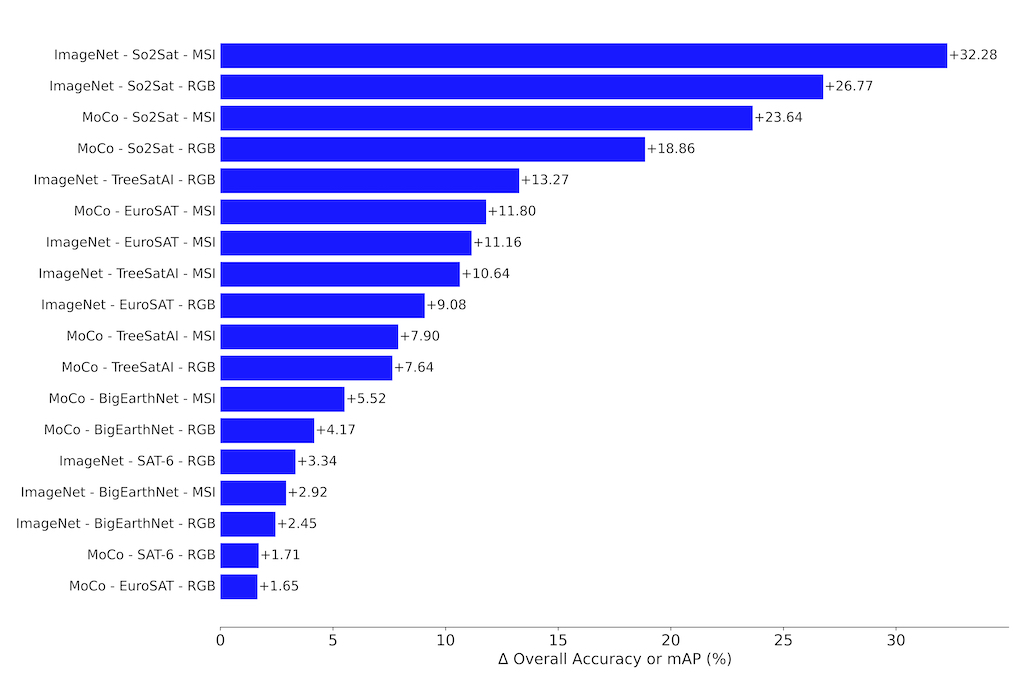
CVPR PBVS 2024
Revisiting Pre-trained Remote Sensing Model Benchmarks: Resizing and Normalization Matters
Isaac Corley, Caleb Robinson, Rahul Dodhia, Juan M. Lavista Ferres, Peyman Najafirad
We perform a comprehensive benchmark of geospatial foundation models and find that they are highly sensitive to pretrained image size and normalization.
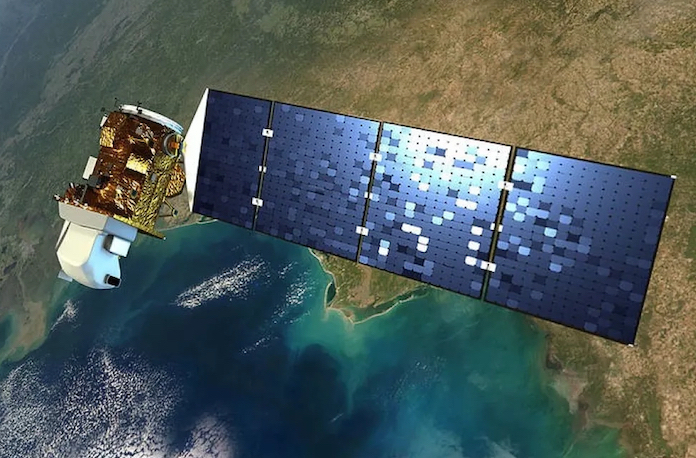
NeurIPS 2023
SSL4EO-L: Datasets and Foundation Models for Landsat Imagery
Adam J. Stewart, Nils Lehmann, Isaac A. Corley, Yi Wang, Yi-Chia Chang, Nassim Ait Ali Braham, Shradha Sehgal, Caleb Robinson, Arindam Banerjee
We introduce SSL4EO-L, the first ever dataset designed for self-supervised learning for Earth Observation for the Landsat family of satellites.
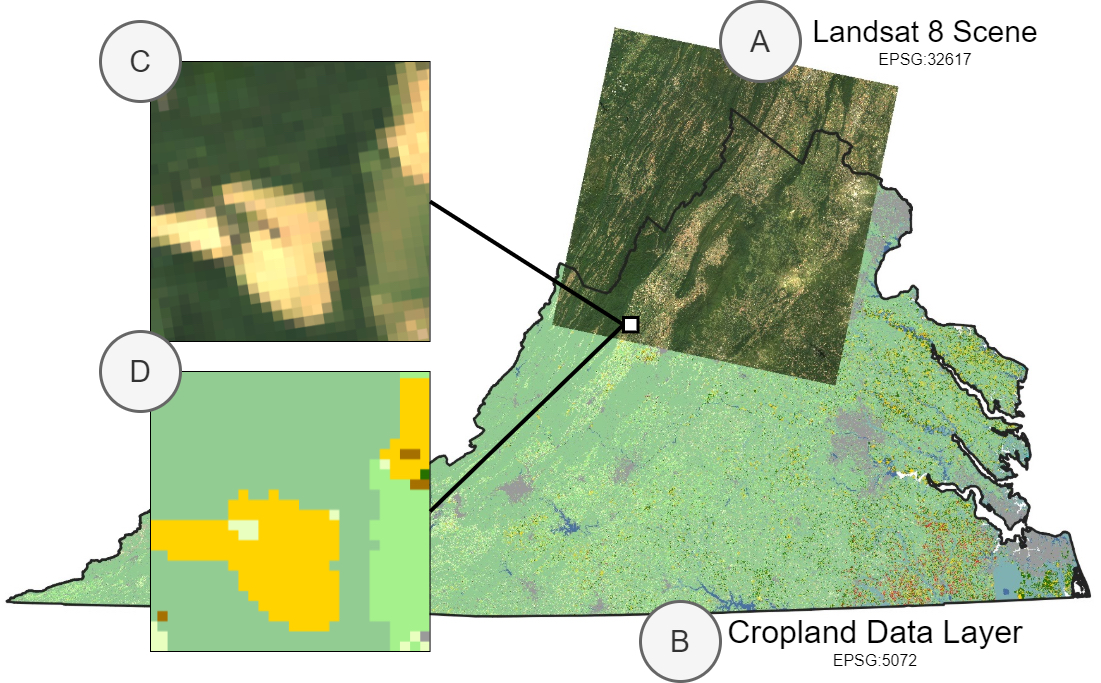
ACM SIGSPATIAL 2022
🏆 Best Paper Runner-Up
TorchGeo: Deep Learning with Geospatial Data
Adam J. Stewart, Caleb Robinson, Isaac A. Corley, Anthony Ortiz, Juan M. Lavista Ferres, Arindam Banerjee
We introduce TorchGeo, a Python library for integrating geospatial data into the PyTorch deep learning ecosystem.
Experience
Senior Machine Learning Engineer — Wherobots
Scaling Geospatial Vision and AI models for the Wherobots platform, which provides real-time geospatial data and insights for various industries.
Senior Machine Learning Scientist — Zeitview (formerly DroneBase)
Research, develop, train, and deployed computer vision, vision-language models (VLM), and 3D Reconstruction methods at scale for enhancing renewable energy inspections and analytics, including solar farms, wind turbines, commercial and residential rooftops, transmission and distribution stations, and telecom towers.
Ph.D. Research Intern — Microsoft Research
Advisor: Simone Fobi Nsutezo & Anthony Ortiz
Researched multimodal pretraining methods for large-scale geospatial vision-language datasets.
Senior Machine Learning Engineer — Spruce
Applied state-of-the-art Optical Character Recognition (OCR) and Text Summarization methods to parse real estate and financial documents.
Senior Machine Learning Engineer — BlackSky
Developed and deployed models to drive the Spectra AI platform's satellite image analytics as well as served as the PI on the IARPA SMART program.
Senior Data Scientist — HouseCanary
Developed and deployed computer vision models for extracting insights and features from real estate property images for improving HouseCanary's Automated Valuation Model (AVM) and property recommender system utilized by real estate investors.
Senior Data Scientist — Booz Allen Hamilton
Researched and developed prototypes for deep learning-based image steganography detection and removal as well as adversarial domain generation detection.
Research Engineer — Southwest Research Institute (SwRI)
Advisor: Kenneth Holladay
Developed and deployed software updates to the A-10 Warthog aircraft as well as researched machine learning methods for detecting engine stalls and exploiting the MIL-STD-1553 communications bus.
Research Intern — Oak Ridge National Laboratory (ORNL)
Advisor: Paul Ewing
Recorded and annotated a dataset of seismic signals of human and vehicle activity and trained machine learning methods to detect this activity.
Education
University of Texas at San Antonio
Ph.D. in Electrical Engineering
Advisor: Paul Rad
University of Texas at San Antonio
M.S. in Electrical Engineering
Advisor: Yufei Huang
Texas A&M University - Kingsville
B.S. in Electrical Engineering, Minor in Mathematics
